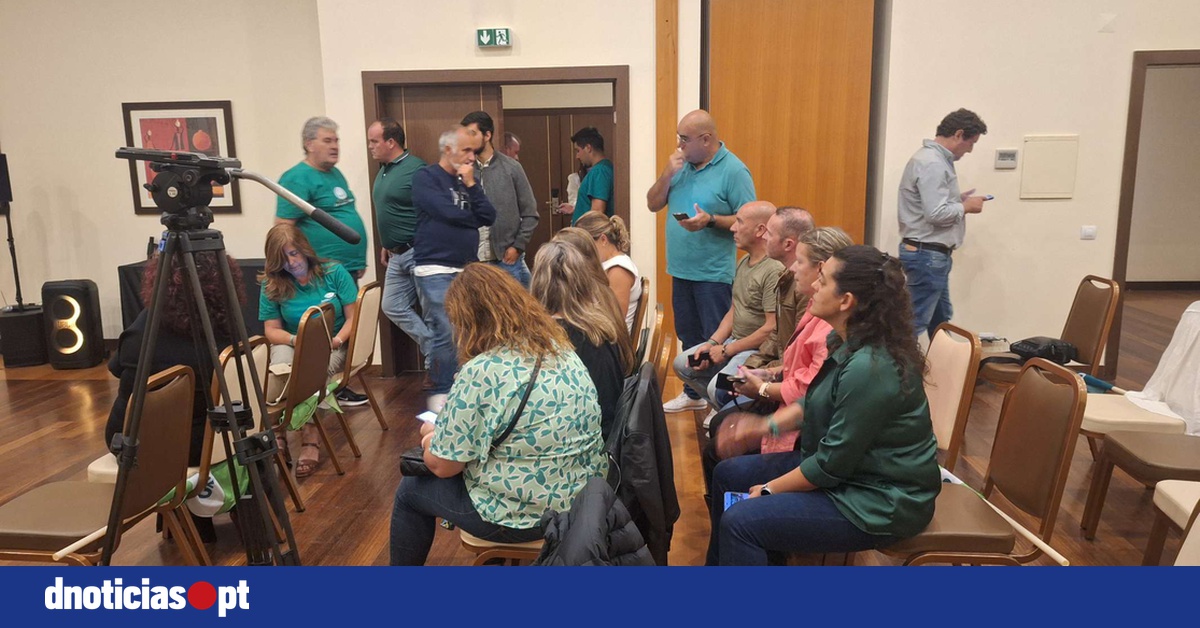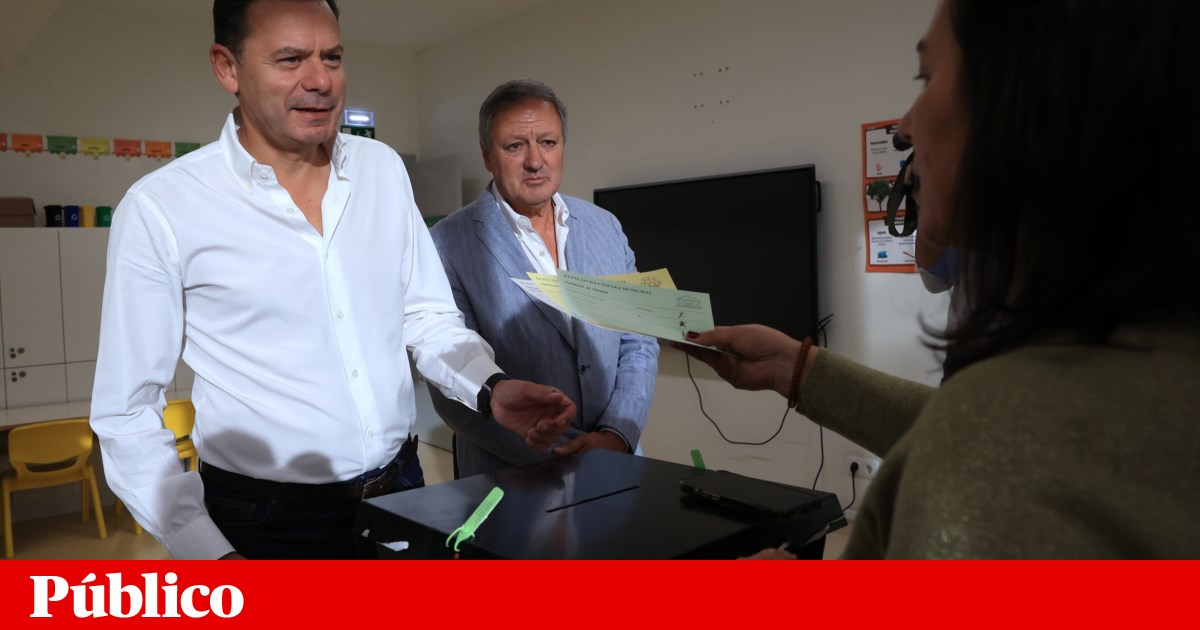Azores Government Announces 4-Day Work Week Pilot
The Azores government will implement a pilot project for a four-day work week in the regional public administration starting January 2026. The sample of services and workers involved will be established in November, as announced yesterday.
Implementation Timeline and Details
"In November [...] the sample of services and workers who will participate in this pilot project will be established. Thus, the pilot project will begin on January 1, 2026, and will last for a period of six months," announced the President of the Regional Government of the Azores (PSD/CDS-PP/PPM), José Manuel Bolieiro.
Commitment to New Work Models
The executive leader, speaking in Ponta Delgada at the opening session of the VI Labor Law Conference on "New Models of Work Time Organization: 4-Day Week - Implications," stated that, within the regional public administration, "the commitment to move forward with a pilot project for a four-day week is assumed, based on an agreement between worker and employer, in this case between worker and manager."
Objectives of the Pilot
"The goal is to improve the balance between professional, personal, and family life, enhance gains in productivity and well-being, and contribute to the competitiveness of our services, always in strict compliance with applicable legislation," he affirmed.
International Best Practices and Consultations
According to the governor, "using the best international practices," the pilot project was presented and debated with unions and senior managers of the regional public administration.
Approach in the Private Sector
In the private sector, the approach "is prudent but encourages voluntary, measured, and reversible pilot projects, aligned with the Labor Code and collective bargaining."
"Public support will be technical, focused on process diagnosis, management training, and independent evaluation, without resorting to direct wage subsidies," he said.
Broader Context of Work Transformations
In his speech, the Azorean executive leader emphasized that we are living in "a time of profound demographic, technological, and organizational transformations, which challenge old understandings about productivity, talent retention, and service quality, both in the public and private sectors."
"The discussion on the reorganization of work times gains renewed intensity. Digitalization, globalization, labor mobility, and the need to reconcile economic results with worker well-being place us before the responsibility of finding legally secure and operationally viable solutions," he highlighted.
Current Trends and Legal Framework
Current trends, he further observed, show "the diffusion of models to reduce working time, such as the four-day week, hybrid regimes, and management by objectives."
"These changes require a redesign of processes, the adoption of new planning tools, and the definition of clear performance metrics, replacing mere hour counting with result indicators. However, any organizational change must respect the legal framework, safeguarding the safety, health, and rights of workers," he emphasized.
Importance of Flexibility and Clarification
Bolieiro also mentioned that flexibility "must be accompanied by contractual clarification, risk assessment, and mechanisms to prevent abuse, ensuring equal treatment and predictability in the management of working time."
Additional Perspectives from Labor Law Conference
At the opening session of the conference, the President of the Constitutional Court, José João Abrantes, also spoke, recalling the various labor reforms that have occurred in the country in recent years.
Regarding the phenomenon of digitalization, he stated that it "exposes workers to increasingly more risks of direct aggression to the dignity of those who work."
"New information and communication technologies raise issues such as the right to disconnect [...]. That is, we cannot assume that the employer has the right to connection and that, exceptionally, they have the right to disconnect," he said, emphasizing that the inverse logic should apply: "Outside of working time, during rest periods, the worker is obliged not to connect."















Comments
Join Our Community
Sign up to share your thoughts, engage with others, and become part of our growing community.
No comments yet
Be the first to share your thoughts and start the conversation!